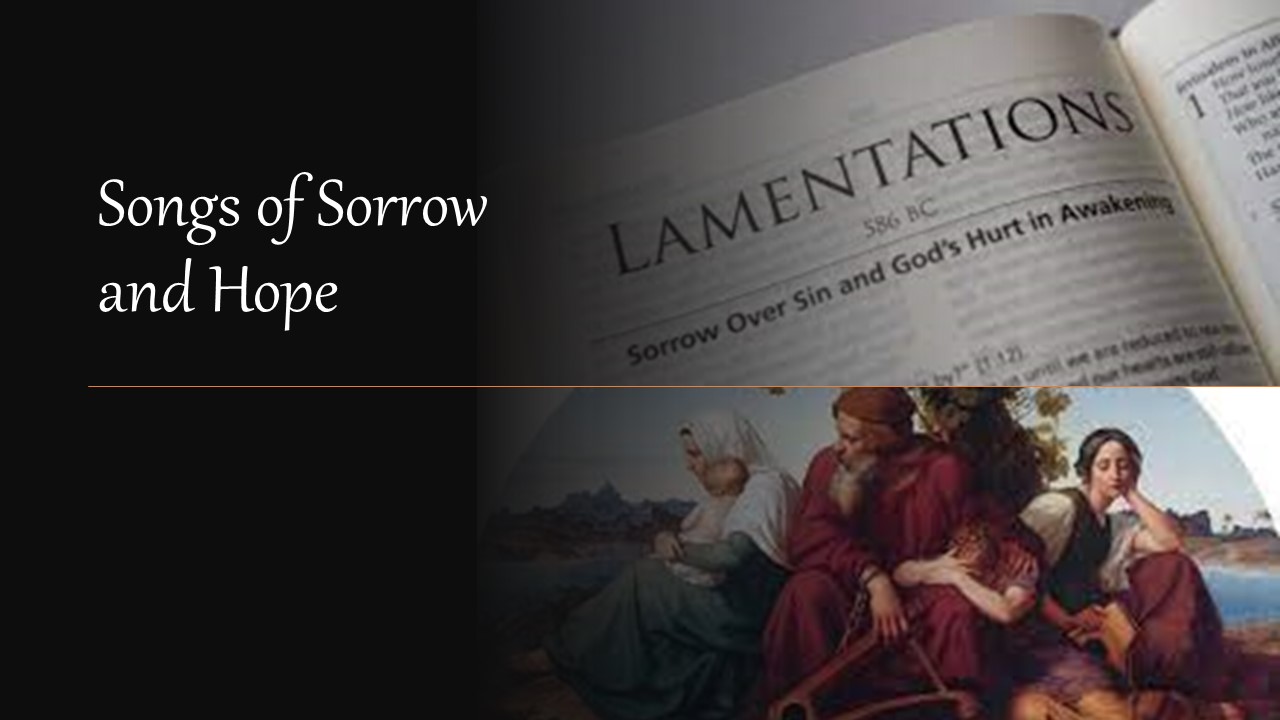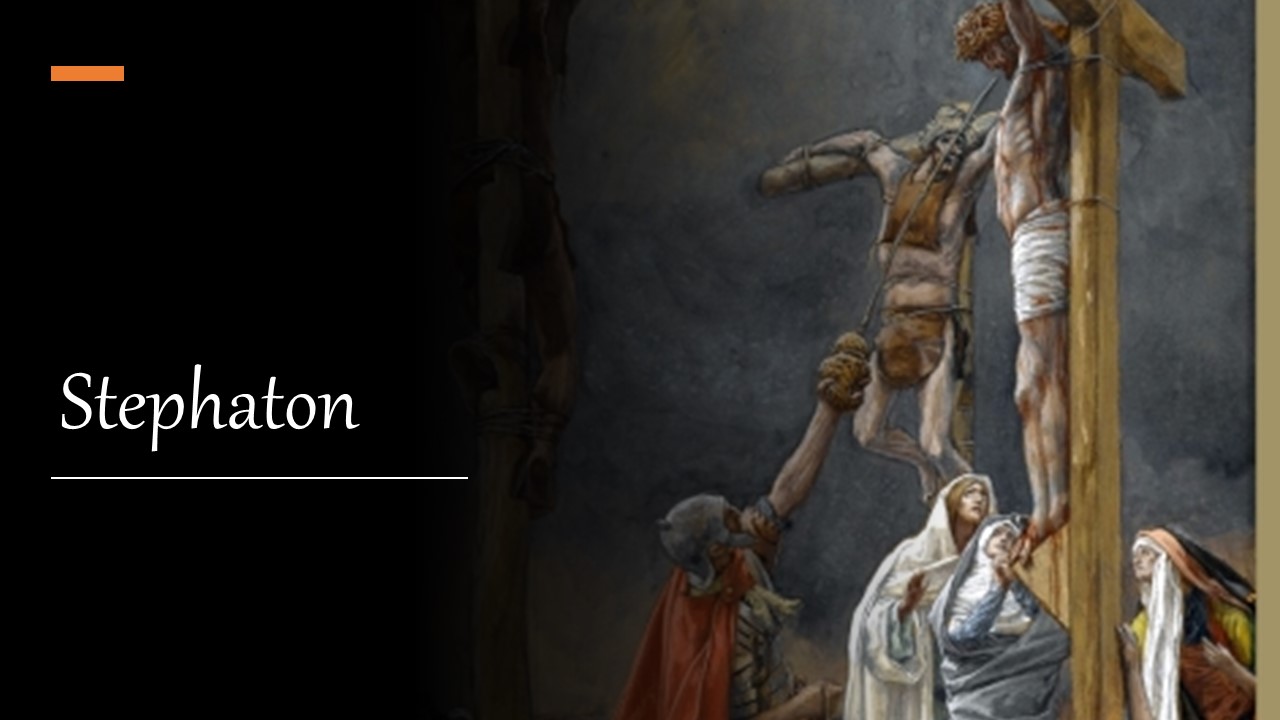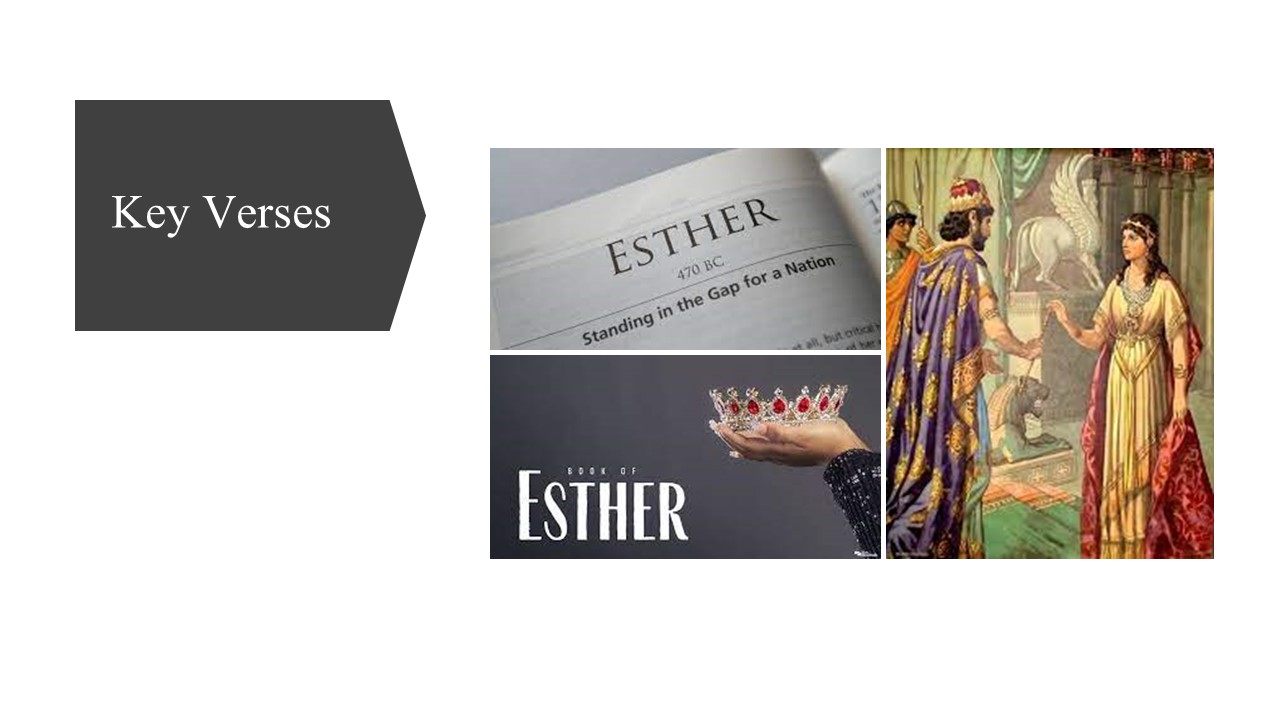From the first city built by Cain to the New Jerusalem descending from heaven, the Bible presents a tale of two cities—one marked by human pride and self-sufficiency, the other by divine grace and perfection. The antediluvian world displayed incredible achievements in urbanization, technology, and culture, yet it was also a time of deep moral corruption. These cities, though advanced, became symbols of rebellion against God, showing that human progress without divine guidance leads to destruction. In contrast, God’s city, the New Jerusalem, fulfills everything these early cities sought but could never achieve—a community built on true peace, security, and divine presence.
The destruction of the pre-flood cities serves as a warning that material progress alone cannot bring lasting fulfillment. Human ambition often builds civilizations on pride, greed, and division, whereas the New Jerusalem is established by God's righteousness and grace. Revelation’s vision of this heavenly city presents an alternative to earthly values—it is a city where God’s glory is the light, His presence is the security, and His justice ensures eternal peace. This stark contrast challenges us to evaluate how we engage with our own societies and whether we build our lives on human ambition or God's eternal kingdom.
Living as citizens of heaven while residing in human cities requires maintaining an eternal perspective. We are called to engage redemptively with culture while keeping our primary allegiance to God. Our careers, relationships, and worship should reflect the values of the coming kingdom—seeking justice, fostering true community, and using our talents for God's purposes rather than personal gain. The tension between these two cities is the reality of our present world, but as believers, we are to live in anticipation of the day when the New Jerusalem will descend, and all things will be made new.

Born from Jerusalem's ashes, Lamentations, attributed to Jeremiah, echoes with grief for a fallen city and people. Each verse mourns, yet hope flickers. It's...

We continue with “Perspectives on Easter” – our series focused on the people who played both major and minor roles in the Easter narrative,...

What are some verses in Esther on which we ought to meditate? Scriptures referenced include 1 Peter 3:3-4; 1 Samuel 2:8; Matthew 6:16-18; Philippians...